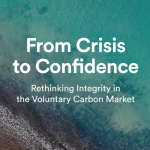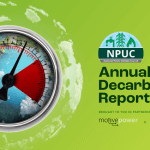Navigating the Climate Change Debate:
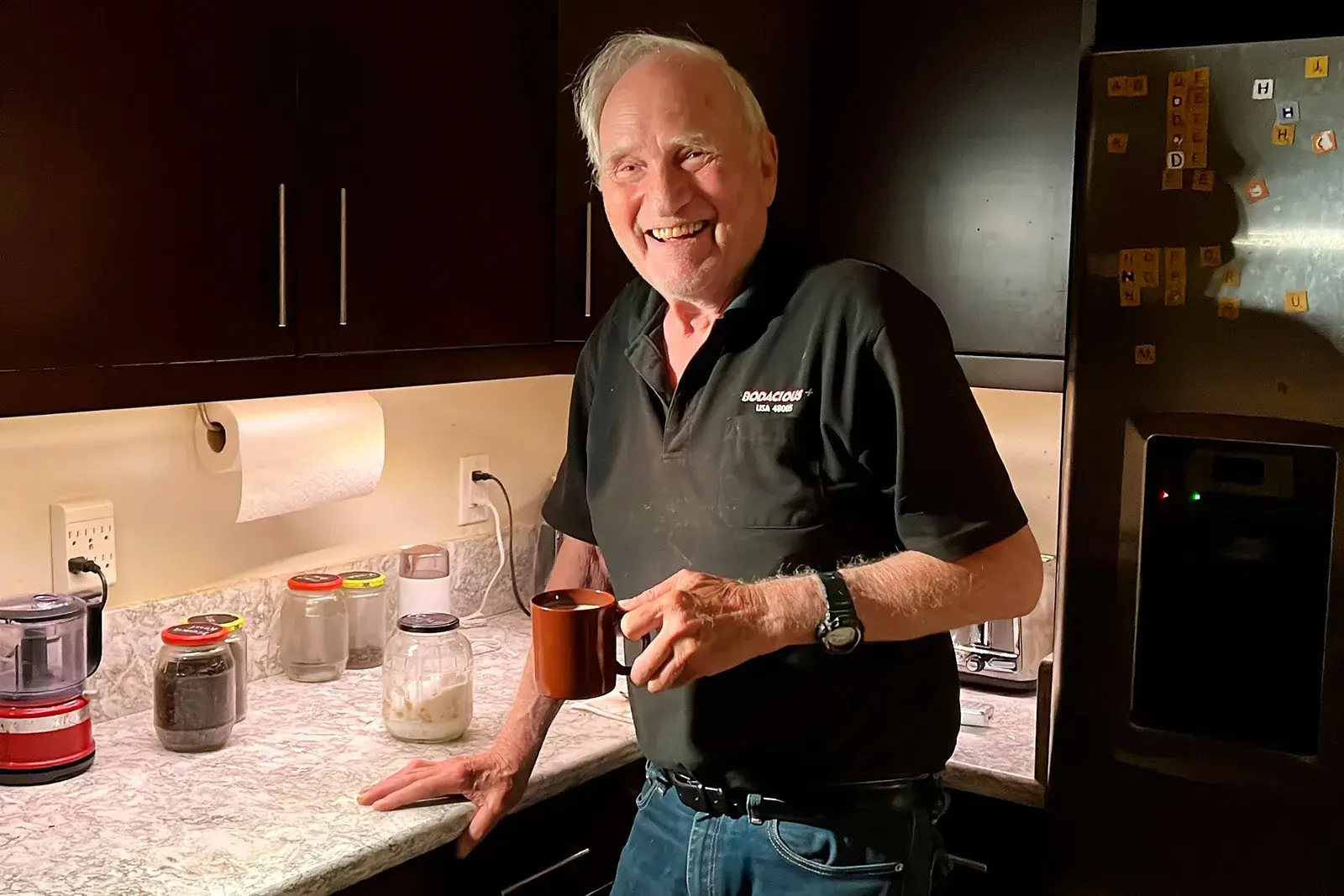
Insights from Nobel Laureate John Clauser
eyesonindonesia
1. The Controversial Standpoint
Challenging the Consensus
In a world grappling with the urgency of climate change, Nobel Prize winner Dr. John Clauser has emerged as a contrarian voice. His assertion—that there is no climate crisis—has sparked heated debates and raised eyebrows among scientists, policymakers, and concerned citizens alike1. As we delve into this discourse, let’s explore the impact of Clauser’s stance on the climate change debate and the lessons society can glean from his perspective.
2. The Clash of Views
Climate vs. Weather
Clauser’s skepticism hinges on a fundamental distinction: weather versus climate. While weather fluctuates day by day, climate encompasses long-term trends. The overwhelming scientific consensus supports the reality of anthropogenic global warming, yet Clauser contends that we must differentiate between short-term weather events and the broader climate picture1. His stance forces us to reevaluate our understanding of these intertwined concepts.
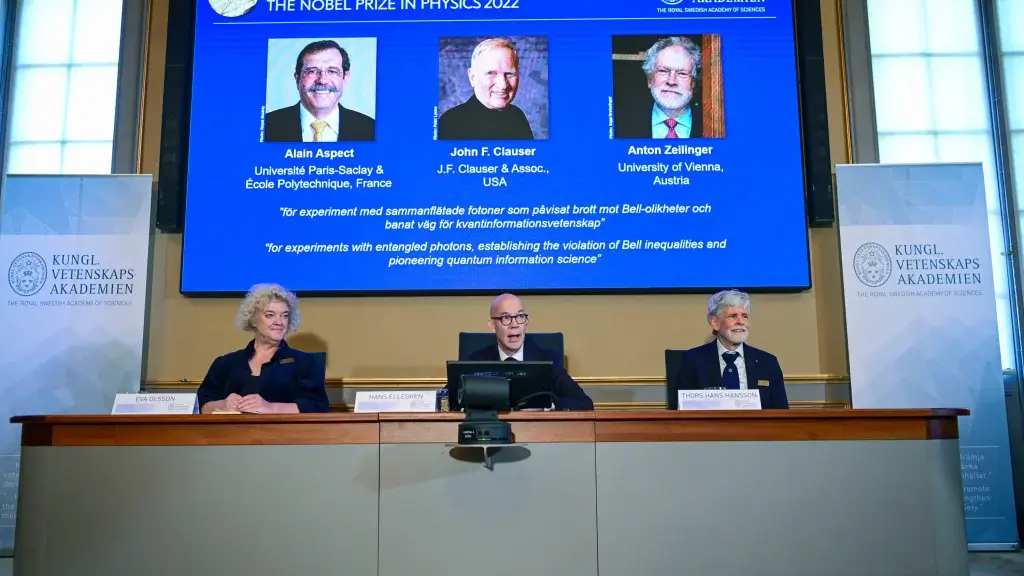
3. The Historical Lens
Lessons from the Past
Clauser’s dissent echoes a larger field of study—the history of climate and society (HCS). Researchers across disciplines have explored how pre-industrial climate changes influenced human history. While HCS often highlights crises and collapses triggered by climatic shifts, it also reveals resilience and adaptation. By examining past societies that thrived despite climatic pressures, we gain insights into our own adaptive capacities2.
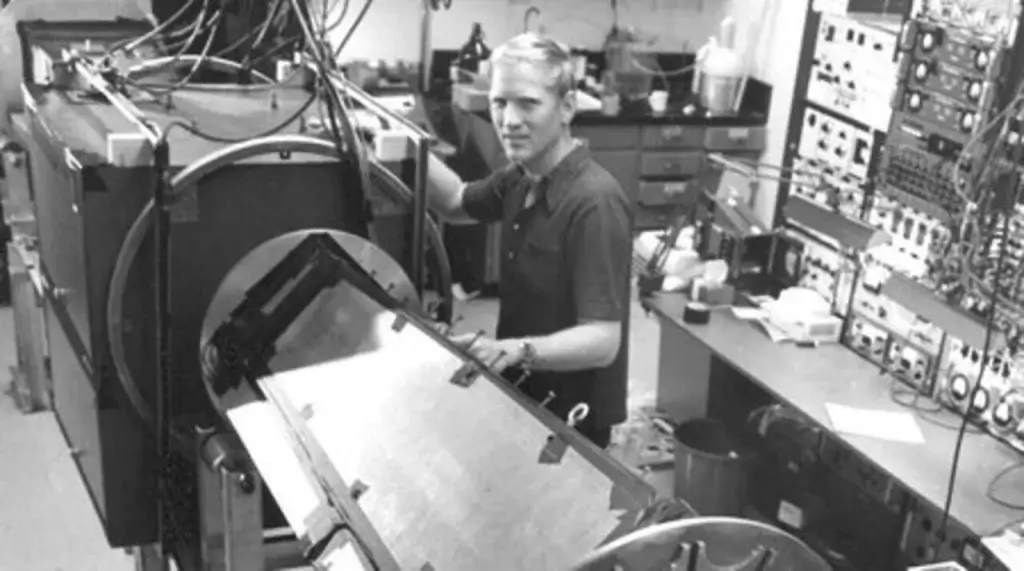
4. The Path Forward
Balancing Crisis and Hope
As we weigh Clauser’s arguments, we must recognize that climate change has indeed disrupted societies throughout history. However, our response need not be fatalistic. Five pathways emerge from our analysis: adaptation, innovation, community resilience, sustainable practices, and global cooperation. These pathways offer hope and underscore the urgency of bold action. Clauser’s dissent reminds us that the climate debate is multifaceted, and solutions lie in collective efforts and informed decision-making2.
Conclusion: A Call to Action
Beyond Disagreement
John Clauser’s dissent challenges us to engage critically with climate science, but it should not paralyze us. Instead, let it propel us toward informed choices, sustainable policies, and a shared commitment to safeguarding our planet. The climate debate is not a zero-sum game; it’s a call to action. Let us learn from both sides, bridge divides, and forge a path toward a resilient, climate-smart future.
Remember: The world we inherit is shaped by our choices today.
1: Nobel Prize Winner Who Doesn’t Believe Climate Crisis Has Speech Canceled 2: Towards a rigorous understanding of societal responses to climate change





